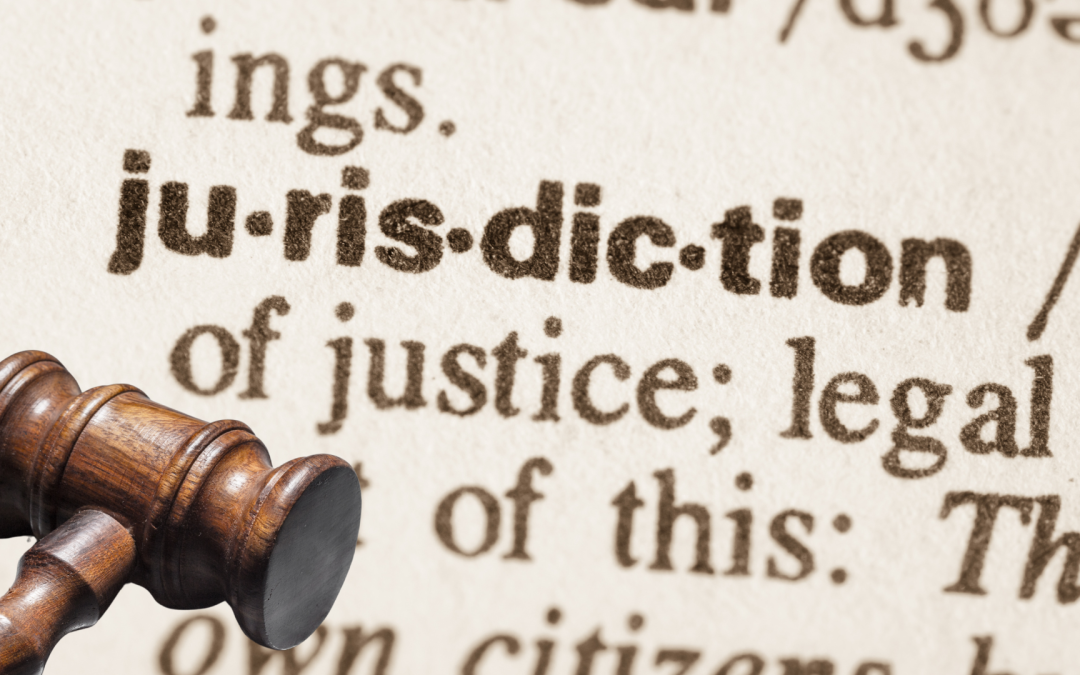Introduction
The North Gauteng High Court’s decision in Z.G v J.G.C.G (77979/2018) on January 12, 2024, highlights the intricate dynamics of legal cost allocations in divorce proceedings. Acting Judge Marumoagae’s ruling delves into the nuanced relationship between the financial standing of divorcing parties and their rights or responsibilities in terms of legal costs.
Key Issues and Court’s Analysis
The primary questions centred on the respondent’s need to further contribute to the applicant’s legal fees and whether the court can order contributions for already incurred costs.
Financial Imbalance and Legal Expenses
Acknowledging the challenges faced by financially weaker spouses in seeking legal cost contributions in marital disputes (¶40), the pivotal factor, in this case, was the presence of a significant change in circumstances since the initial cost order. The applicant had to prove an alteration in her financial situation to warrant additional contributions (¶61).
Importance of Complete Financial Disclosure
The court critiqued both parties for inadequate disclosure of their financial statuses (¶65, ¶81), underscoring the crucial role of financial transparency in determining additional legal cost contributions.
Exclusion of Non-Matrimonial Costs
The ruling clarified that expenses related to non-matrimonial issues, such as loan actions and eviction proceedings, fall outside Rule 43’s scope in the Uniform Rules of Court and are therefore not considered in divorce-related legal cost calculations (¶89).
Handling Amendment-Related Costs
Costs arising from modifications in legal pleadings are typically the responsibility of the party initiating them, barring instances where the opposition to these amendments is unwarranted (¶91).
Notable Observation
The judgment poignantly notes, “The right to dignity is also impacted when a spouse is deprived of the necessary means to litigate” (¶55), emphasizing the greater context of legal cost contributions in marital legal disputes.
Conclusion
The court ultimately rejected the applicant’s request for additional legal cost contributions, underscoring the paramount importance of complete financial disclosure and the boundaries of Rule 43 regarding non-matrimonial legal expenses.
FAQs
Criteria for Spousal Contribution to Legal Costs in Divorce:
The decision to require a spouse to contribute to legal costs hinges on the financial disparity and the pursuit of a just and balanced legal proceeding.
Inclusion of Non-Matrimonial Legal Costs in Divorce:
Expenses related to issues outside the matrimonial context are generally not included under Rule 43 in divorce cases.
Significance of Full Financial Disclosure in Divorce:
It is imperative for both parties to comprehensively and transparently disclose their financial circumstances for a fair evaluation of legal cost contributions.
Responsibility for Costs Due to Pleading Amendments:
The party initiating pleading amendments is usually responsible for related costs, except when these amendments are unreasonably contested.
Impact of Changed Financial Situations Post Initial Cost Order:
Substantial changes in financial situations can prompt the court to reconsider additional cost contributions.












